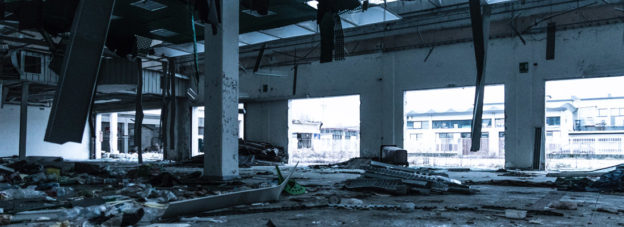On April 7, 2023, New Mexico’s governor, Michelle Lujan Grisham, signed into law New Mexico’s Right to Repair Act (Act), 2023 N.M. SB 50. The Act’s effective date is July 1, 2023. The Act applies to construction defects in dwellings, i.e., newly constructed single family housing units designed for residential use. The Act applies to not only newly constructed housing units but also to systems and other components and improvements that are part of the housing unit at the time of construction.
Pursuant to the Act, except for construction defect claims that involve an immediate threat to the life or safety of persons occupying the dwelling, that render the dwelling uninhabitable or in which the seller, after notice, refused to make a repair pursuant to any applicable express warranty, a purchaser must comply with the provisions of the Act before filing a complaint or pursing an alternative dispute mechanism related to a construction defect in the dwelling. A seller who receives a notice complying with the provisions of the Act must give notice to all construction professionals who may be responsible for the defect.
The Act gives the seller an opportunity to inspect the dwelling and take reasonable measures to determine the nature and cause of each alleged construction defect, and the nature and extent of any repairs needed. Further, the Act requires sellers to respond within 60 days. The response may include: a) an offer to repair or replace each alleged construction defect, b) an offer to provide monetary compensation to the purchaser, or c) invoke any remedies provided in the construction contract. If the seller’s response includes a notice of intent to repair or replace the construction defect(s) – and such offer has not been rejected by the purchaser – the purchaser shall allow the seller and the seller’s construction professional a reasonable opportunity to do so.
A purchaser who reasonably rejects the seller’s offer has complied with the requirements and may initiate suit. Similarly, if a seller does not comply with the Act and the seller’s failure is not due to any fault by the purchaser, the purchaser shall follow any remedy provided for in the construction contract, file a complaint in court or pursue any alternative dispute resolution mechanism set forth in the construction contract.
To the extent that the repair and replacement process takes place pursuant to the Act, the statute of repose set forth in NMSA § 37-1-27 and any applicable statutes of limitations is tolled.
Although the Act does not specifically mention that it applies to subrogation claims, because a subrogating insurer steps into the shoes of its insured, subrogation professionals should be aware of this change in the law and, as appropriate, provide the notice set forth in the Act.
This entry was posted in 







